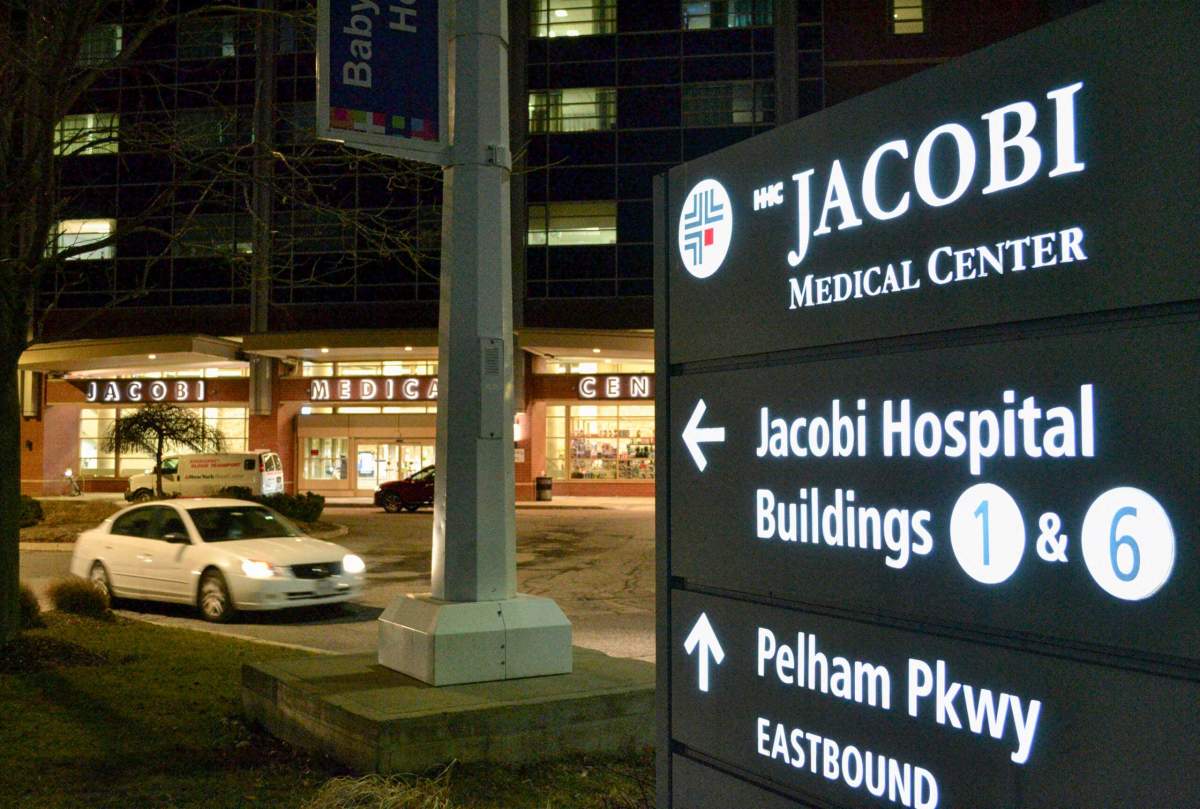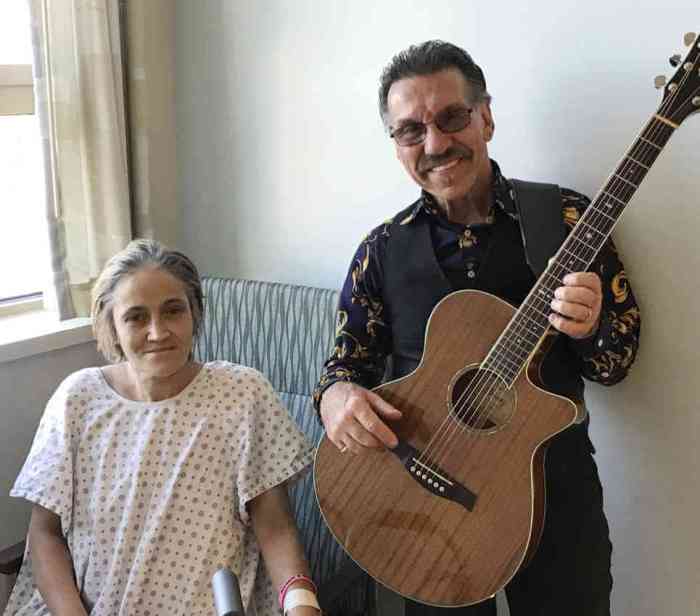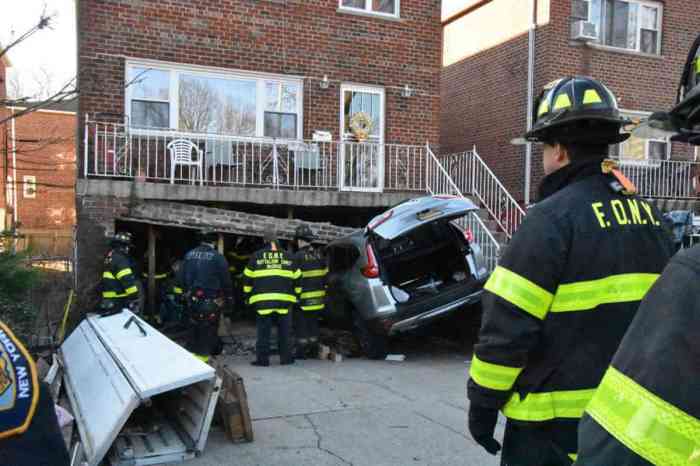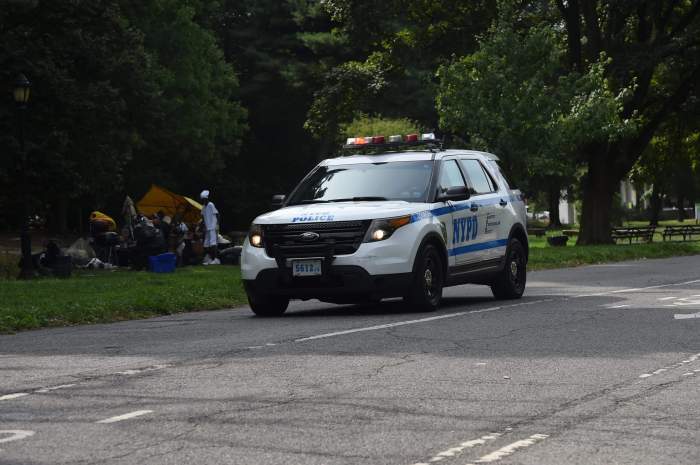Jacobi Medical Center lost 183 nurses in 2022 – roughly 20% of its workforce – as they experienced burnout from high workloads, while pay discrepancies with private sector nurses fueled some to leave for greener pastures.
According to the New York State Nurses Association (NYSNA), the state’s foremost nursing union, 53 Jacobi nurses who were new hires in 2022 didn’t even stay for a full year.
When faced with staffing shortages, hospitals have long relied on temporary workers, often employed by third-party agencies, to help fill the gaps. But those come at a major cost, as the city has paid an estimated $18.5-$24.2 million per year on temporary agency nurses just for Jacobi Hospital alone.
Those travel nurses double or triple the salaries of permanent staff nurses, NYSNA officials say.
Over a three-month period ending in January 2023, Jacobi employed 146 temporary nurses. And as of January 2023, 53% of active nurses in critical care areas and 59% of active nurses in medical-surgical areas at Jacobi were temporary.
Temp nurses like Azalea Hernandez, who has filled spots in states along the East Coast, told the Bronx Times that hospitals relying on temp or travel nurses for more than a month at a time is a “unsustainable model of healthcare.”
“Your money is probably better suited on retaining your permanent nurses who know their patient bases, know the neighborhoods, and don’t have their eye on the next gig,” said Hernandez, who filled in at Jacobi earlier this year.
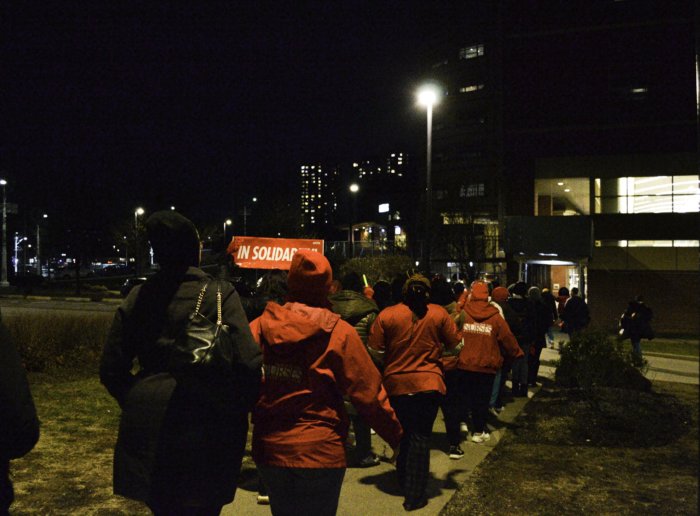
NYC Health + Hospitals officials told the Bronx Times that the hospital system is hoping to reduce its dependency on temporary staff, and looking to strike a contract agreement soon with its public sector nurses.
“Like many other health systems dealing with staff shortages, we rely on contract nurses to temporarily support our dedicated health care teams. The goal is to reduce our dependency on temporary staff, because we know that it’s good for our entire health system,” said a NYC Health + Hospitals spokesperson.
A bill currently in the New York State Assembly includes a cap on the amount staffing agencies can charge health care facilities.
New York City’s public hospitals and mayoral agencies make up the largest public health care system in the country and provide care for 1.4 million New Yorkers each year. Nearly 9,000 Heath+Hospitals/Mayoral System nurses are in the midst of union contract negotiations, which includes nurses at Jacobi and Lincoln, as well as nine other hospitals citywide.
The Bronx is once again a rallying point for nurses seeking better pay, staffing help
Public sector nurses hope to even a near-$19,000 pay disparity between them and their private sector peers.
The city’s contract with the public hospital nurses expired on March 2, and pertains a clause committing to pay parity between the public and private sector. Public hospital nurses waived a clause, however, that would bring salaries within $1,000 of the average entry-level private hospital staff nurse under the Giuliani administration in the 1990s.
Longtime nurses like Sonia Lawrence, who penned an op-ed in the Bronx Times alongside Public Advocate Jumaane Williams, feels that the pay parity agreement has been ignored for far too long given the marathon efforts of public sector nurses since the pandemic and beyond.
“NYSNA’s private sector nurses captured our city’s heart with a successful strike, and raised standards higher than ever before,” Lawrence, a 28-year-nurse at Lincoln hospital, wrote. The public sector hasn’t kept up with those standards for working conditions and pay – and we’re falling further behind. A new nursing graduate in the public sector will now make $19,000 a year less than her private sector counterpart. That has to change.
Like other city contracts, the terms of the current contract with NYSNA remain in place while a new one is negotiated, and doesn’t lead to a loss in services.

